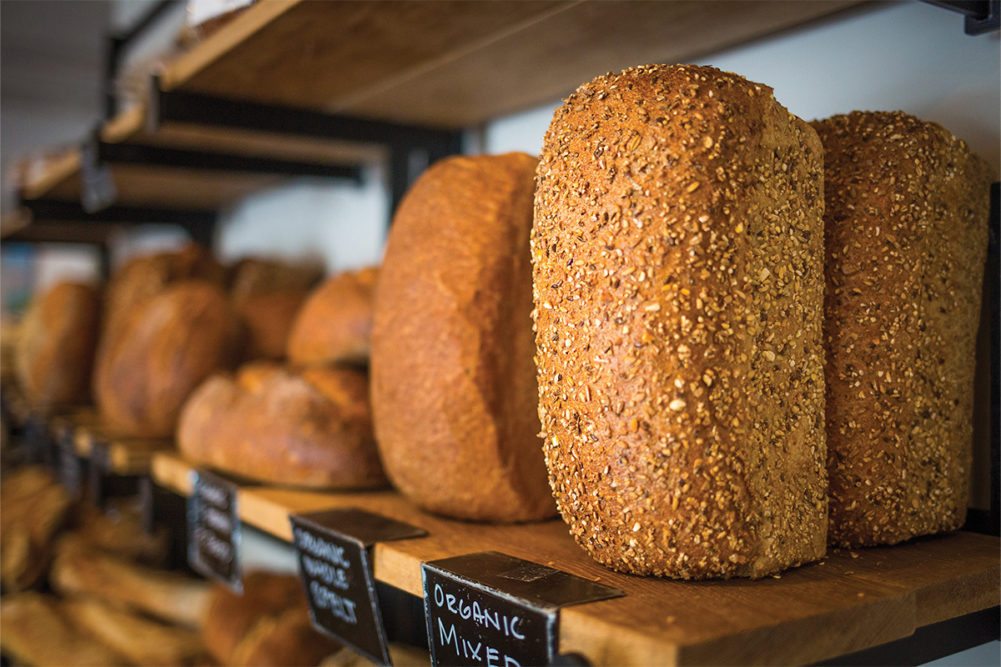
Consumers looking for sustainability claims in addition to organic
Organically certified might not be enough to convince some consumers to choose a product.
“They’re looking for some additional practices and policies to layer on top of organic,” said Laurie Demeritt, chief executive officer of The Hartman Group, Bellevue, Wash., in an April 28 webinar.
A recent survey from The Hartman Group found consumers have reservations about organic as 79% said they agreed either somewhat or completely that they wished organic certification had more stringent animal welfare requirements while 78% said they agreed either somewhat or completely that they wished organic certification had more stringent requirements about better conditions for workers.
“There is this growing desire amongst many consumers for more stringent certification, specifically as it relates to animal welfare and the social welfare of workers,” Ms. Demeritt said.
Fifty-eight percent said they agreed either somewhat or completely that USDA organic certification was weaker now than it used to be, and 60% said they agreed either somewhat or completely that organic was an excuse to charge more money. Seventy-six percent said they agreed either somewhat or completely that they wanted to see practices that restore soil health and increase biodiversity.
When questioned about certified transitional organic, 67% said they either already use it, are very interested or are somewhat interested. The percentage also was 67% for regenerative agriculture, and that percentage may increase since General Mills, Inc., Minneapolis, has committed to advancing regenerative agriculture on 1 million acres by 2030.
“That is a little bit of an Achilles’ heel for some organic manufacturers because those things aren’t always embedded in organic certification to the extent that many consumers are seeking,” Ms. Demeritt said.
When asked what barriers kept them from buying more organic foods and beverages, 50% said they were too expensive although that was down from 60% in 2020.
“Why is this happening?” Ms. Demeritt said about the percentage decline. “Well, certainly accessibility, the availability of organic. The fact that there’s many more private label options within organic has brought down the price.”
Consumers expect industry to act on climate change.
“They feel like they as individuals can’t do much about climate change,” she said. “So they are looking for corporations and manufacturers to be the ones that are really responding there and putting products into the marketplace.”
The Hartman Group data showed 83% of consumers use organic products at least occasionally and 34% use them at least weekly, including 47% among millennials. The top reasons why consumers said they buy organic were safe at 37%, higher quality at 35% and avoid products that rely on pesticides or other chemicals at 34%.
Among buyers of organic products, 60% buy fresh produce, the top answer, followed by plant-based meat alternatives at 55% and plant-based dairy alternatives at 49%. Twenty-six percent purchase fresh bakery items while 21% purchase packaged bread and 19% purchase baking, cooking items.
“Organic is still important to consumers,” Ms. Demeritt noted. “They are still seeking it, but they also are looking for ways to differentiate.”
